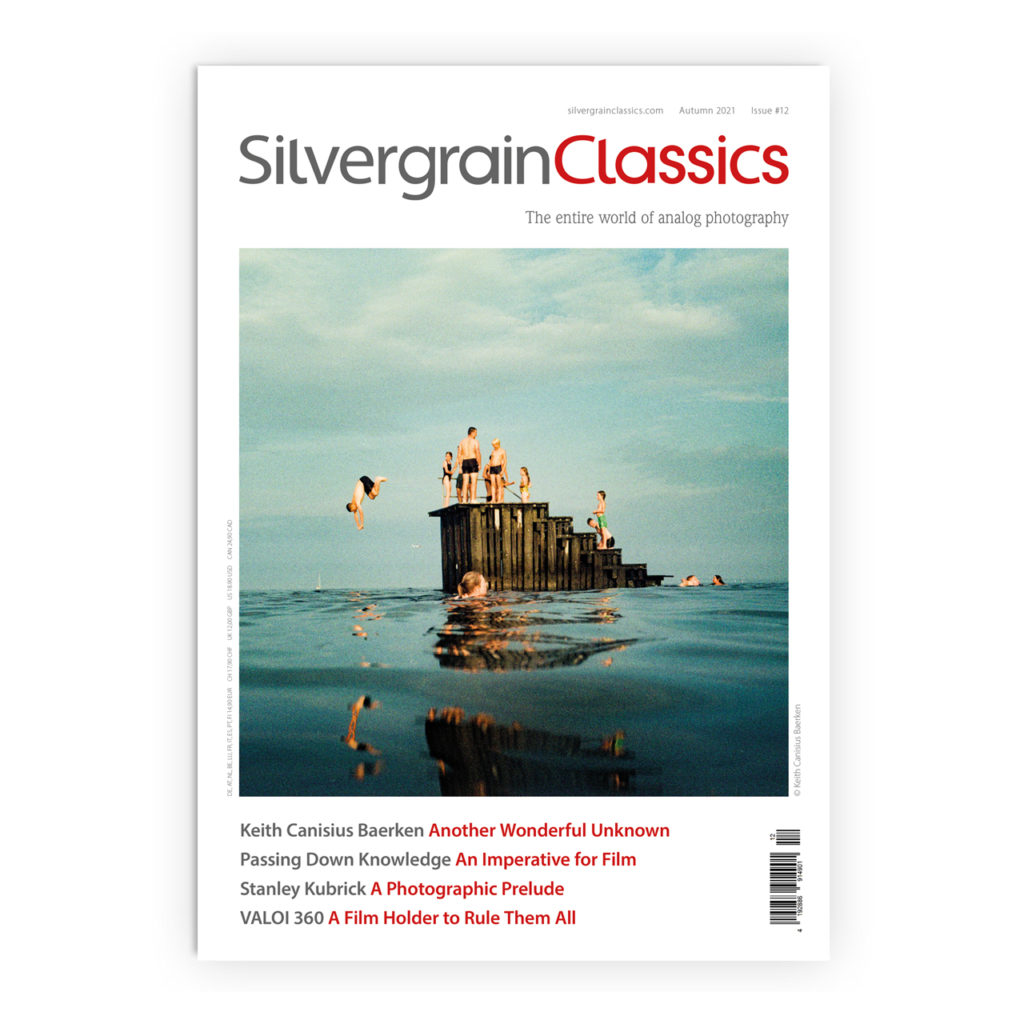Luca Bonicalza – camera repair in Milan
The manager of the camera rental business sent me to the workshop. “Only come out when the trucks are ready to be loaded and unloaded”…
By Christopher Osborne
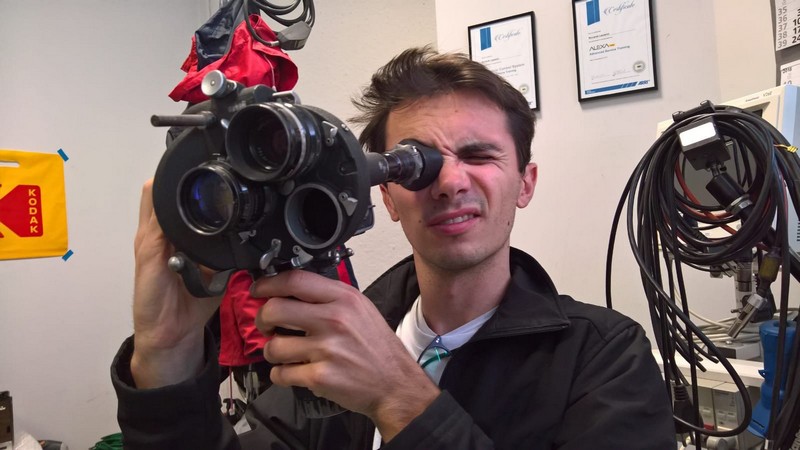
If ever there was an example of how the filmmaking industry is adapting to change, then Italian camera repair specialist Luca Bonicalza is the perfect example. In less than four years, Luca has progressed from being an intern to the chief of camera repair.
Luca started working as a projectionist in his home town. “I love to watch movies from the projection booth”. When I finished school, my mother sent me to Britain for an English course at a film school. During the three-week course in Brighton, we made four short films.
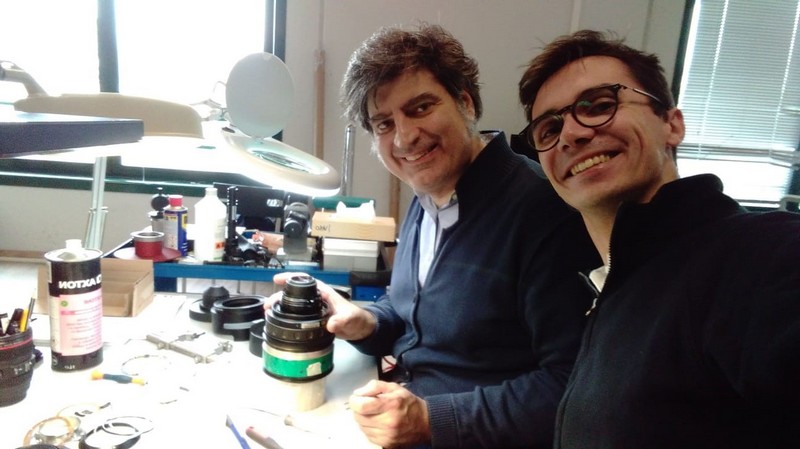
I returned home with a desire to make cinema. “No, you need to study engineering. If you do not want to study something useful and intelligent, then you should stay at home”, came the advice from his mother. “In the end, I studied filmmaking at university in Milan”, says Luca with both passion and a smile.
“I was interested in why films were still shot on film even though they were post-processed digitally. I wrote a university thesis on Improving the digital Cinema industry workflow with chemical images while I was at university. I thought that it might be useful to others and so it is available on Amazon”, explains Luca.
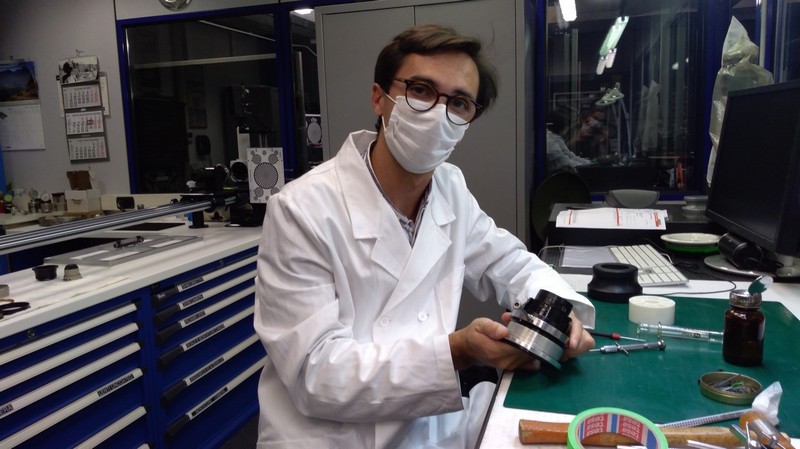
After finishing university, I had an internship at a camera rental business in Milan. The manager didn’t know that I was coming and so he sent me to the workshop. “Only come out when the trucks are ready to be loaded and unloaded” was his instruction.
“Fortunately, the technicians loved how I worked with my hands, and Ricardo Lazzarini taught me everything he could. I learnt by working on cameras”.
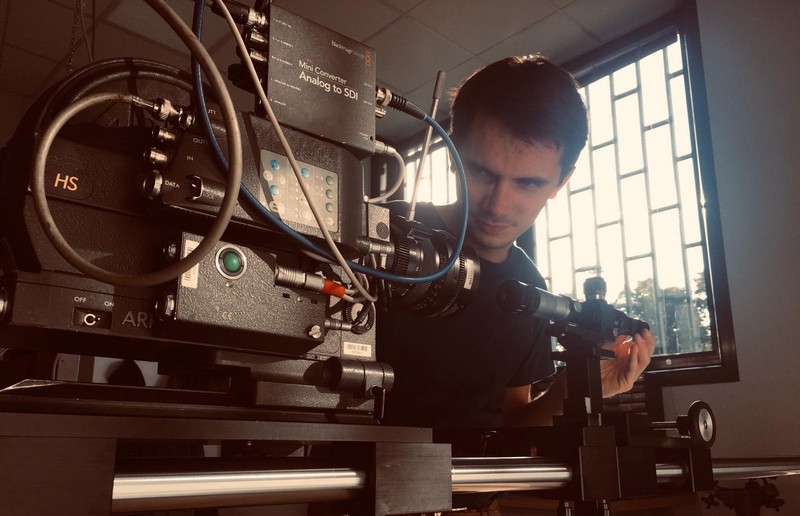
“After two years I had a call from another company. They had two technicians who were approaching retirement, and they promised me that if I joined them I would eventually take over. The older of the two was Oddo Bernardini, who came from a famous filmmaking family. His father used to work for Titanus and his brother was a famous camera assistant”.
“I started work for my new employer just two weeks before covid struck. I have been there for two years, and my former colleagues have all retired. I am now Chef of the Workshop, and am training another technician”, Luca explains. “There is so much that I need to learn myself, and yet I am already in a position to pass on knowledge to others”.
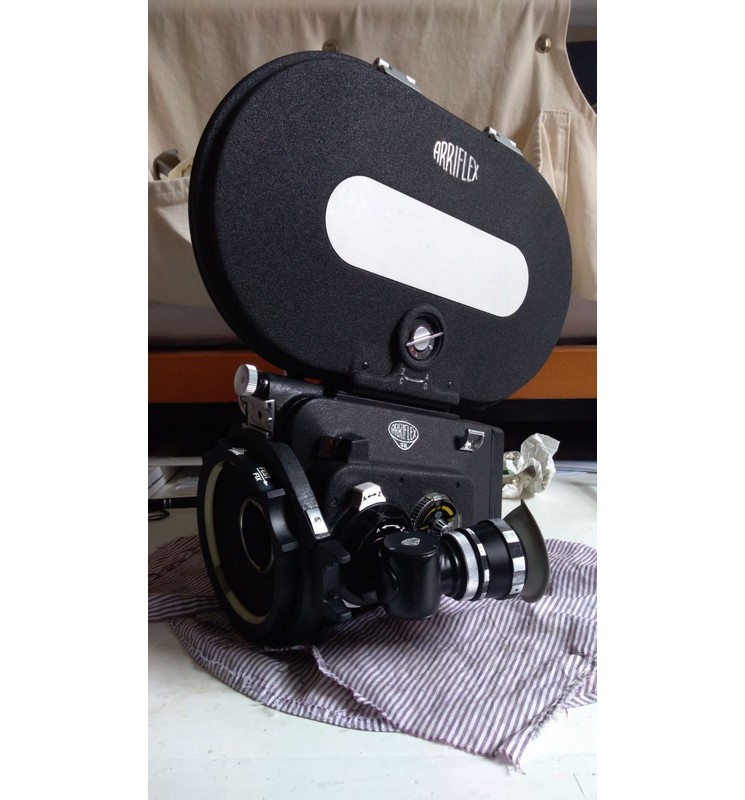
“I started this journey thinking that the knowledge that I was building would help me to become a great DP. However, now I realise that DPs do not need to know so much about technology. They need to be good at managing people”.
“I love my job. I am trying constantly pushing myself to learn more. More about lenses, underwater housings and more about monitors. For example, I have just spent a week with the repair team at Leica in Wetzlar learning about advanced repair techniques”. Luca laughs. “I spent a week learning what I have been doing wrong for the last five years. I have come back to Italy and now I am trying to improve my workspace and my processes”.
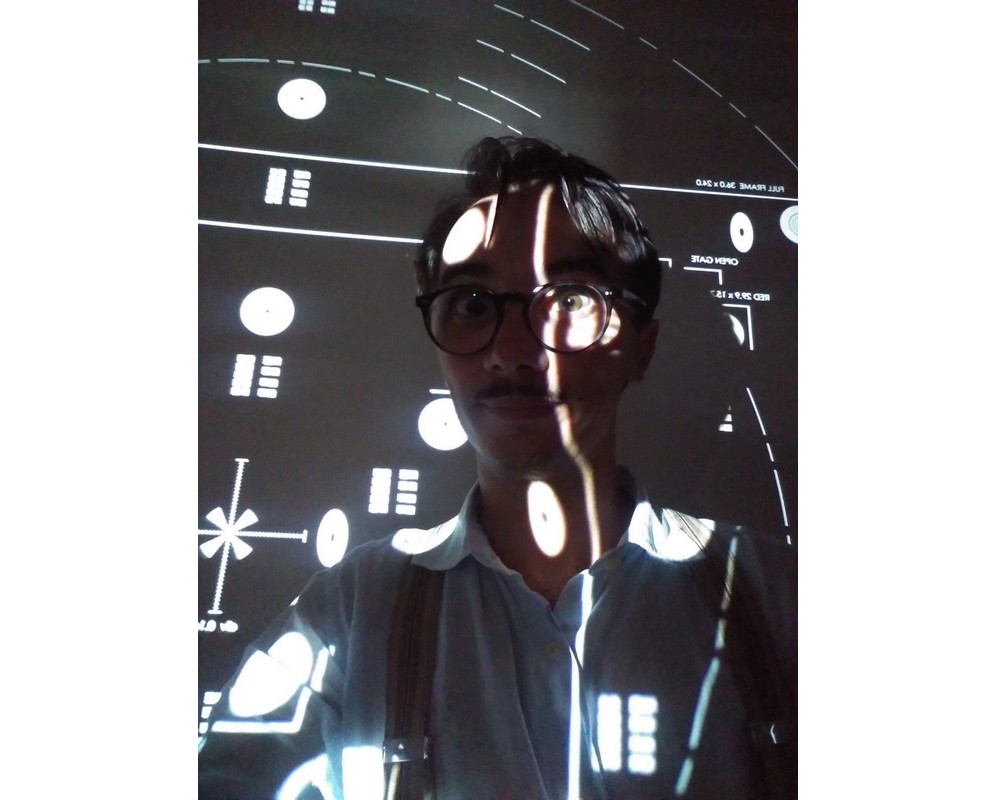
I asked Luca how much analogue filmmaking there is in Italy. “Rome is the centre of Italian filmmaking. In Milan, most of the work is for commercials. We do not even have a processing lab. I would say that the low point for analogue work was 2-3 years ago. Things are picking up now and the availability of film stocks is improving. I would guess that there are currently 25 16mm and 3-4 35mm commercials being shot in Milano each year”.
Even though Luca spends much of his time working on digital equipment, his passion for analogue filmmaking still shows through. He enthuses about how working on film makes filmmaking easier. “Your force your eyes to be better at evaluating light and space”.
I asked Luca what lies in the future. “A holiday”, he laughs. “My job takes so much energy. I go home and find that I am still thinking about lenses and cameras. I just want to learn more and more”.
Luca Bonicalza’s paper “Improving the digital Cinema industry workflow with chemical images” can be found on Amazon at https://www.amazon.com/Improving-digital-industry-workflow-chemical/dp/1723717606/
Images © Luca Bonicalza 2022.
You might also be interested in a previous SilvergrainClassics article on “Lost Time” shot by Marco Eisenbath at https://silvergrainclassics.com/en/2021/12/marco-eisenbarth-lost-time/

